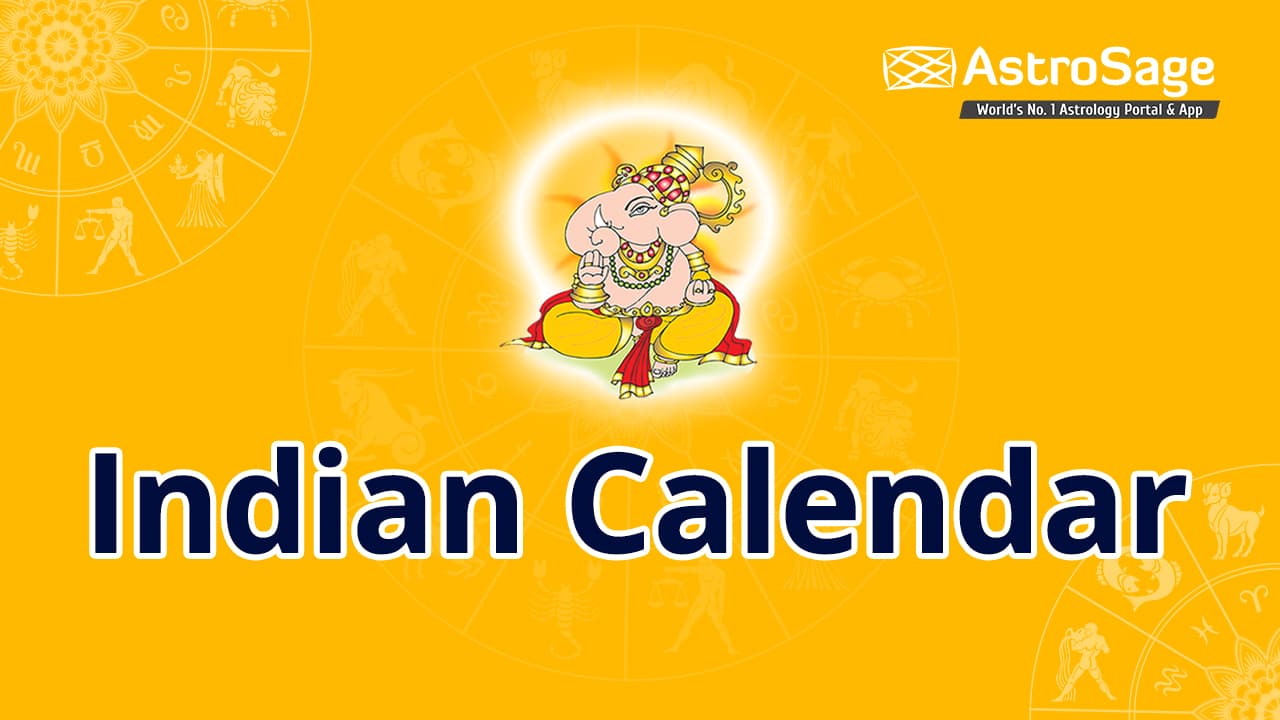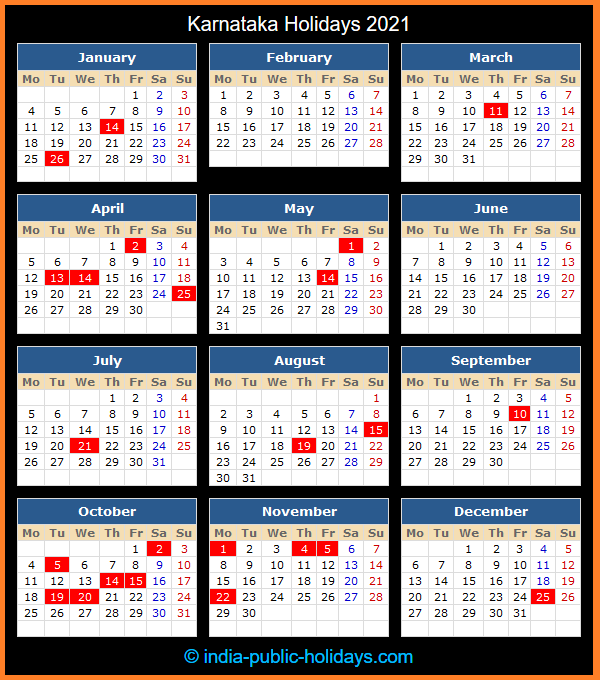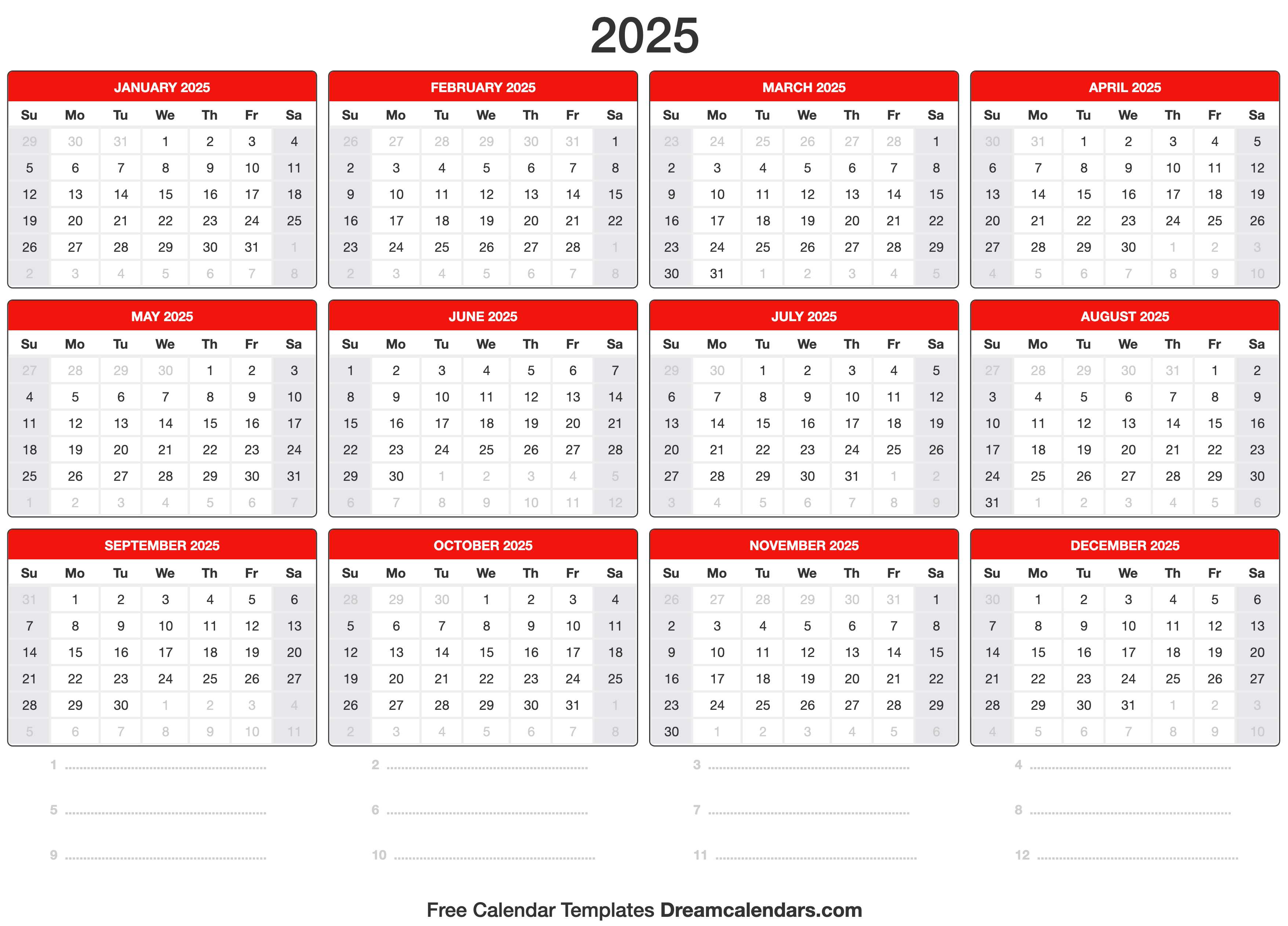Navigating the Calendar: A Comprehensive Guide to Public Holidays in India for 2025
Related Articles: Navigating the Calendar: A Comprehensive Guide to Public Holidays in India for 2025
Introduction
In this auspicious occasion, we are delighted to delve into the intriguing topic related to Navigating the Calendar: A Comprehensive Guide to Public Holidays in India for 2025. Let’s weave interesting information and offer fresh perspectives to the readers.
Table of Content
Navigating the Calendar: A Comprehensive Guide to Public Holidays in India for 2025

Understanding the public holidays observed in India is essential for individuals and organizations alike. These designated days offer opportunities for rest, reflection, and celebration, while also impacting business operations and travel plans. This guide provides a comprehensive overview of the public holidays anticipated in India for 2025, along with insights into their historical significance, cultural relevance, and practical implications.
Understanding the Framework
India’s public holiday framework is governed by the "The Negotiable Instruments Act, 1881" and the "The Public Holidays Act, 1891". These acts define the legal basis for observing holidays, outlining which days are recognized as public holidays and which are treated as "optional holidays," allowing businesses and organizations flexibility in their observance.
The 2025 Calendar: A Glimpse into India’s Diverse Festivities
The year 2025 promises a vibrant tapestry of holidays, celebrating India’s rich cultural heritage and diverse religious practices. The following list provides a detailed breakdown of the anticipated public holidays, categorized by their nature and significance:
1. National Holidays:
- Republic Day (January 26th): Commemorating the adoption of India’s Constitution in 1950, this day marks the birth of the Republic of India. It symbolizes the nation’s commitment to democracy, socialism, and secularism.
- Independence Day (August 15th): Celebrated annually to commemorate India’s independence from British rule in 1947, this day is a testament to the nation’s struggle for freedom and its spirit of unity.
2. Religious Holidays:
- New Year’s Day (January 1st): Observed as a secular holiday, this day marks the beginning of the Gregorian calendar year and is widely celebrated across the globe.
- Makar Sankranti (January 15th): A harvest festival celebrated across India, Makar Sankranti marks the transition of the sun into the Makara (Capricorn) zodiac sign. It is associated with the end of winter and the beginning of a new season.
- Holi (March 1st): Known as the "Festival of Colors," Holi celebrates the triumph of good over evil and the arrival of spring. The festival is marked by vibrant colors, laughter, and joyous celebrations.
- Good Friday (April 18th): Observed by Christians to commemorate the crucifixion of Jesus Christ, this day is a solemn occasion for reflection and prayer.
- Easter Sunday (April 20th): Celebrating the resurrection of Jesus Christ, Easter Sunday is a significant Christian holiday marked by church services, family gatherings, and the exchange of Easter eggs.
- Ram Navami (April 1st): This Hindu festival celebrates the birth of Lord Rama, a central figure in the epic Ramayana. It is observed with devotional chants, pujas, and fasting.
- Eid al-Fitr (June 5th): Marking the end of the Islamic holy month of Ramadan, Eid al-Fitr is celebrated with prayers, feasting, and the exchange of gifts.
- Buddha Purnima (May 19th): This Buddhist holiday celebrates the birth, enlightenment, and death of Gautama Buddha, the founder of Buddhism. It is observed with meditation, chanting, and temple visits.
- Raksha Bandhan (August 3rd): A Hindu festival celebrating the bond between siblings, Raksha Bandhan involves sisters tying a sacred thread (rakhi) on their brothers’ wrists, symbolizing protection and love.
- Janmashtami (August 24th): This Hindu festival celebrates the birth of Lord Krishna, a central figure in the Hindu epic Mahabharata. It is observed with fasting, devotional songs, and elaborate temple decorations.
- Dussehra (October 2nd): Marking the victory of Lord Rama over the demon king Ravana, Dussehra symbolizes the triumph of good over evil. The festival is celebrated with effigy burning and elaborate processions.
- Diwali (October 26th): Known as the "Festival of Lights," Diwali is a major Hindu festival celebrating the return of Lord Rama to Ayodhya after his 14-year exile. It is observed with diyas (oil lamps), fireworks, and sweets.
- Eid al-Adha (November 17th): A significant Islamic festival, Eid al-Adha commemorates the willingness of Prophet Ibrahim to sacrifice his son Ishmael as an act of obedience to God. It is celebrated with prayers, animal sacrifices, and feasting.
- Christmas Day (December 25th): Celebrating the birth of Jesus Christ, Christmas is a major Christian holiday observed with church services, gift-giving, and festive decorations.
3. Regional Holidays:
In addition to national and religious holidays, several states in India observe regional holidays specific to their cultural traditions and historical significance. These holidays often commemorate local heroes, historical events, or regional festivals.
The Importance of Public Holidays
Public holidays play a crucial role in Indian society, serving as:
- Moments for Reflection and Celebration: Holidays offer opportunities for individuals to connect with their cultural heritage, engage in religious practices, and celebrate important milestones.
- Economic Drivers: Holidays often lead to increased tourism, retail spending, and overall economic activity, particularly in sectors like hospitality, travel, and entertainment.
- Promoting Unity and National Identity: National holidays like Republic Day and Independence Day foster a sense of national pride and unity, strengthening the fabric of Indian society.
- Rest and Recreation: Public holidays provide a much-needed break from routine, allowing individuals to recharge and spend quality time with family and friends.
FAQs: Addressing Common Queries
1. Are public holidays mandatory for all businesses and organizations?
While public holidays are legally recognized, their observance is not mandatory for all businesses. Certain organizations, particularly those involved in essential services, may operate on public holidays with adjusted schedules.
2. How do public holidays impact travel and tourism?
Public holidays often see a surge in travel and tourism activity, as individuals take advantage of extended weekends and vacations. This can lead to higher travel costs and crowded destinations.
3. Are public holidays subject to change?
While the majority of public holidays remain consistent, some may be subject to change based on religious calendar variations or government decisions. It is always advisable to refer to the official calendar for the most accurate information.
4. What are the implications of public holidays for businesses?
Public holidays can impact business operations, leading to reduced productivity, altered work schedules, and potential disruptions in supply chains. Businesses must plan accordingly, ensuring continuity of operations and addressing any potential challenges.
Tips for Effective Holiday Planning:
- Stay Informed: Consult official government calendars and relevant websites for accurate information on public holidays and any potential changes.
- Plan Ahead: Consider the impact of public holidays on travel, business operations, and personal schedules, making necessary arrangements in advance.
- Embrace the Festivities: Utilize public holidays as opportunities to engage in cultural activities, celebrate with loved ones, and enjoy the spirit of the season.
- Respect Local Customs: When traveling or interacting with individuals from different cultural backgrounds, show respect for their customs and traditions during public holidays.
Conclusion:
The public holidays observed in India offer a unique window into the nation’s diverse cultural tapestry and its rich historical heritage. By understanding the significance of these holidays, individuals and organizations can navigate the calendar effectively, ensuring smooth operations, informed decision-making, and a deeper appreciation for the vibrant traditions that shape India’s cultural identity.







Closure
Thus, we hope this article has provided valuable insights into Navigating the Calendar: A Comprehensive Guide to Public Holidays in India for 2025. We thank you for taking the time to read this article. See you in our next article!